
In the high-stakes arena of professional sports, where billions are traded and dynasties are built, the spectacle extends far beyond the field, court, or rink. Among the most visible and, often, most audacious corporate plays is the stadium naming rights deal. These multi-million-dollar sponsorships are designed to emblazon a company’s identity onto the very fabric of sporting lore, creating an undeniable association with triumph, passion, and fan loyalty. Yet, as history vividly demonstrates, this grand ambition can swiftly turn into a monumental misstep, leaving behind a legacy of financial ruin and cautionary tales.
Indeed, for every successful partnership that endures, there’s a cautionary saga of companies whose high-flying aspirations crashed and burned, often within years of signing a lucrative naming rights contract. This trend of corporate failures, mirroring the booms and busts of the American economy, suggests a ‘boom’ spending mentality that frequently contributes to a company’s weakness when the inevitable bubble bursts. These aren’t just bad deals; these are, in many cases, the *worst* kinds of financial gambles, perfectly encapsulating a moment when ambition tragically overshadowed prudence.
So, what separates a merely ‘bad’ decision from the absolute ‘worst’? It’s a distinction that reverberates not only through the balance sheets of corporations but also through the very language we use to analyze these epic miscalculations. This article isn’t just a grim recap of corporate overreach; it’s a deep dive into the essence of ‘badness’ itself, starting with an infamous example of a stadium naming deal gone bust, and then dissecting the critical linguistic tools—’worse’ and ‘worst’—that allow us to precisely articulate the degrees of misfortune that plague sports history. Let’s click ahead to unravel these dual narratives of financial fumbles and grammatical precision.
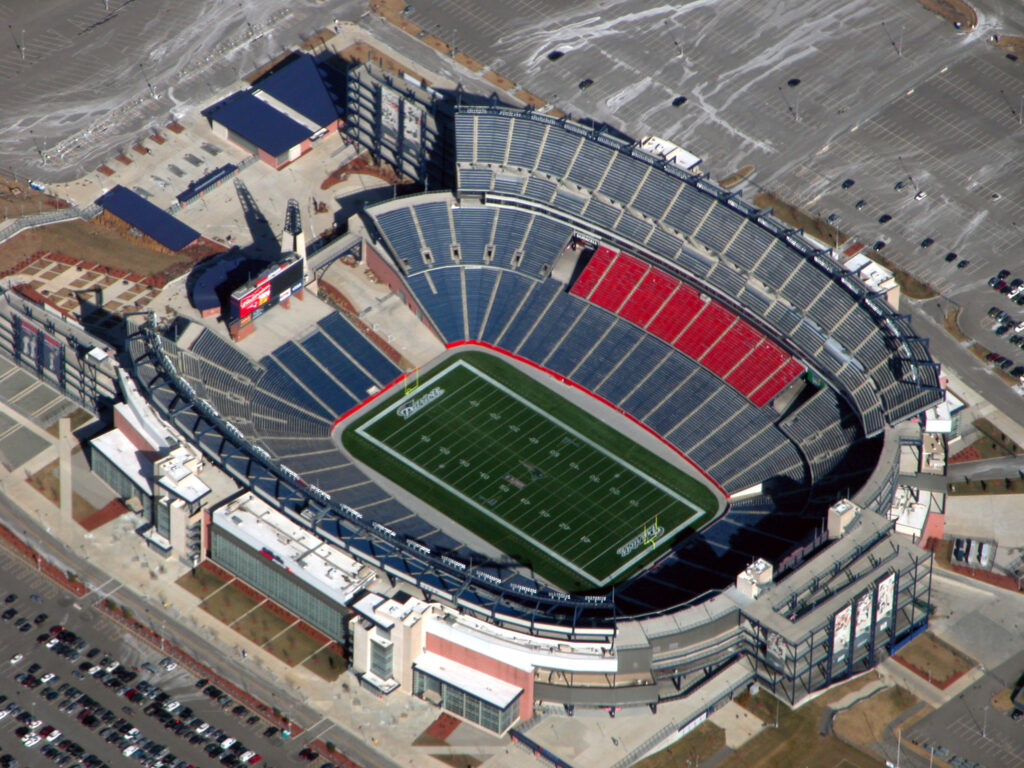
1. **CMGI Field: A Monument to Misfortune**
When you talk about stadium naming rights deals that spectacularly imploded, CMGI Field stands as a prime, albeit short-lived, monument to corporate ambition gone awry. This was meant to be the proud new home of the New England Patriots, a state-of-the-art facility in Foxboro, Massachusetts, signaling a new era for both the team and its corporate partner. The deal, inked in 2000, was a colossal 15-year, $114 million commitment, translating to a hefty $7.6 million per year for CMGI to proudly affix its name to the stadium.
However, the ink was barely dry, and the stadium wasn’t even ready to host its first game under the CMGI banner, before the entire edifice of the dot-com bubble began to crumble. CMGI, a company deeply entrenched in the internet boom, found itself a victim of this seismic economic shift. Its stock price, once soaring at an impressive $40, plummeted to mere pennies in less than two years, a staggering descent that spelled disaster for the tech giant.
Facing such a dire financial predicament, CMGI had no choice but to drop the enormous sponsorship contract, a move made before the Patriots ever took the field in what was supposed to be CMGI Field. The stadium quickly found a new sponsor, becoming Gillette Stadium, and solidifying CMGI Field’s place in history as not just a bad investment, but truly one of the *worst* expenditures in sports corporate sponsorship history – a fleeting name for a fleeting fortune.
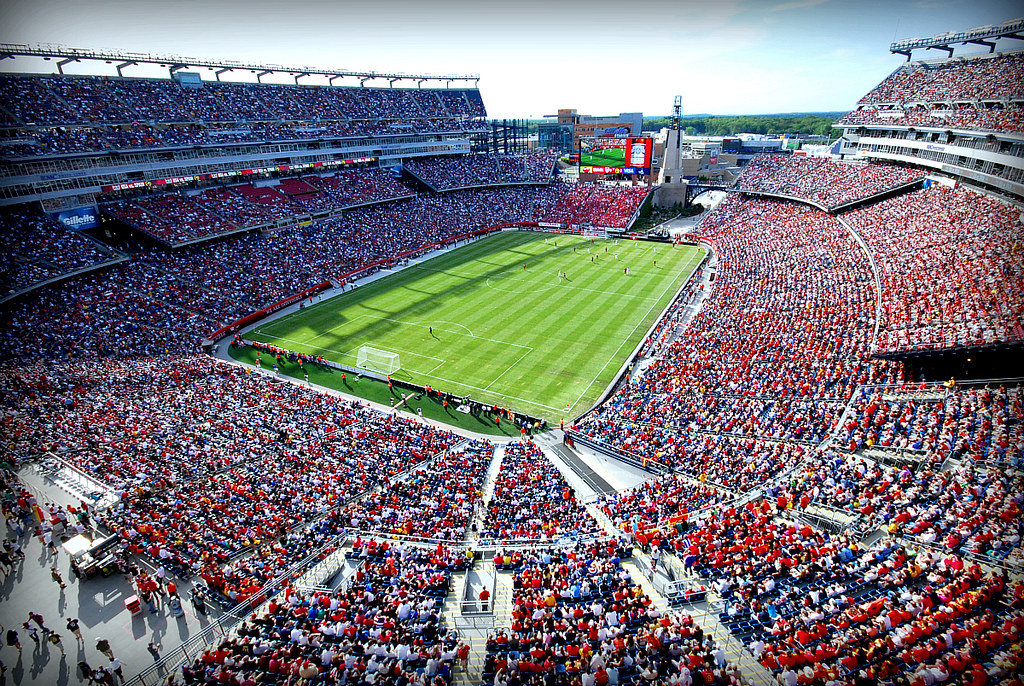
2. **The Core Fumble: Understanding ‘Worse’ vs. ‘Worst’**
After witnessing the colossal failure of CMGI Field, it becomes clear that accurately describing such financial collapses requires more than just calling them ‘bad.’ This is where the crucial distinction between ‘worse’ and ‘worst’ comes into play, a fundamental linguistic understanding that, when fumbled, can misrepresent the true degree of a disaster. These two words are incredibly useful, serving as the main and often best way we can indicate that something is, well, more bad or most bad.
‘Worse’ serves as the comparative form of ‘bad.’ In essence, it means ‘more bad.’ It is specifically employed when you are making a direct comparison between *only two* things or situations. For instance, you might say, “Your team’s performance was bad, but our rival’s losing streak was worse.” This highlights a deterioration or a lower quality when set against a single alternative, signaling a step down in a negative direction.
Conversely, ‘worst’ is the superlative form, fundamentally translating to ‘most bad.’ This powerful word is reserved for comparisons involving *more than two* things, or to denote an absolute extreme. When a stadium deal is definitively declared “the worst,” it implies it stands at the very bottom of the barrel among all possible options. For example, “Yours was bad, theirs was worse, but this CMGI deal? That was the worst.”
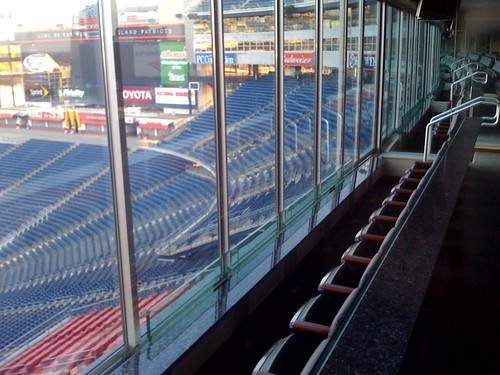
3. **The Comparative Catastrophe: When ‘Worse’ Fits the Bill**
Delving deeper into ‘worse,’ we find its precise utility in scenarios involving a two-way comparison, where the situation has clearly deteriorated or one option presents a lower quality than another. As a comparative adjective, its function is distinct and powerful. You might hear a coach lament, “My team is bad at defense, but honestly, their offense is even worse,” highlighting a particularly glaring deficiency when contrasted with another aspect.
This word is critical for conveying a sense of decline or inferiority relative to a single point of reference. Imagine tracking the financial health of a company after a risky naming rights investment: “The initial quarterly report was bad, but after further market shifts, the situation just got worse.” It pinpoints a negative change, showing that something has become less favorable than previously.
Therefore, when analyzing the trajectory of a company like CMGI, it’s not enough to say their stock price was ‘bad.’ As it tumbled from $40 to pennies, the market performance moved from bad to something unequivocally worse, showing a clear, devastating decline in condition and desirability compared to its former state. This precise application of ‘worse’ allows us to accurately track the deteriorating quality.
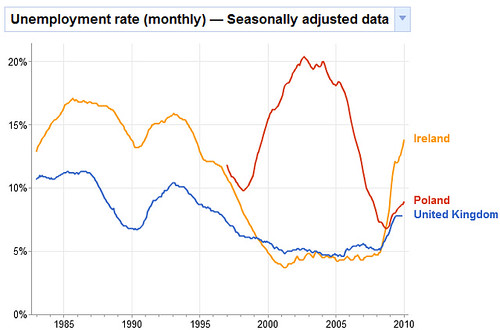
4. **The Superlative Slam Dunk: Declaring the Absolute ‘Worst’**
While ‘worse’ indicates a negative comparison between two entities, ‘worst’ delivers the definitive, absolute judgment. It’s the ultimate declaration of inferiority, reserved for situations where something stands alone at the absolute bottom. As a superlative adjective, ‘worst’ is deployed when comparing more than two things or when asserting that something is the most extreme, the undisputed champion of ‘badness’ out of every conceivable option.
Consider a series of bad investment decisions: “Out of all the financial blunders in the team’s history, the CMGI deal is going to be the worst.” This isn’t just a comparison; it’s a definitive verdict. It signals the pinnacle of negativity, marking an item, event, or situation as being bad in the highest degree possible. It encapsulates a situation that is most faulty, most unsatisfactory, or most unpleasant.
When Bleacher Report declares a stadium naming deal the ‘worst,’ we’re not just being dramatic; we’re making an analytical statement about its unparalleled failure compared to all others. It means that, in terms of financial viability, corporate foresight, or public perception, this deal simply could not have been more disastrous. It’s the bottom of the rankings, the ultimate fumble, the least efficient outcome imaginable, solidifying its position as the ultimate benchmark for how *not* to do business.
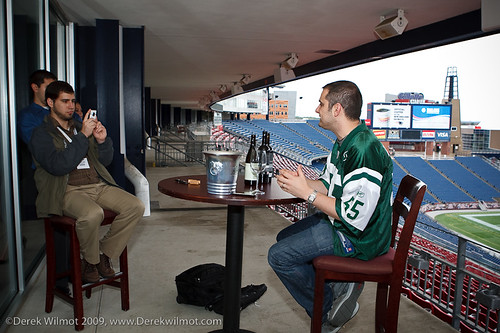
5. **The Irregularity Riddle: Why ‘Bad’ Breaks the Rules**
Just as some athletes defy conventional training wisdom to achieve greatness, ‘bad’ throws out the rulebook when it comes to forming its comparative and superlative degrees. Unlike most adjectives that simply add ‘-er’ or ‘-est’ (think faster, biggest) or precede themselves with ‘more’ or ‘most’ (like more impressive), ‘bad’ transforms into ‘worse’ and ‘worst’ – an irregular, yet perfectly logical, progression.
This linguistic quirk mirrors other common irregular forms we see in English, like ‘good’ becoming ‘better’ and ‘best.’ It’s a subtle but critical detail that, if overlooked, can lead to some truly awkward constructions. Understanding that ‘worse’ and ‘worst’ don’t follow the typical patterns helps cement their unique and essential roles in describing varying degrees of negativity.
While they don’t conform to the standard `-er` or `more` for comparatives, or `-est` or `most` for superlatives, you can still spot a familiar pattern: the `-est` ending in ‘worst’ (and ‘best’) serves as a subtle mnemonic. It’s a linguistic fingerprint, a small hint that despite their irregular nature, they are indeed the superlative forms. Recognizing these irregular transformations is key to mastering the articulation of unfortunate events, from a team’s performance to a disastrous naming rights deal.
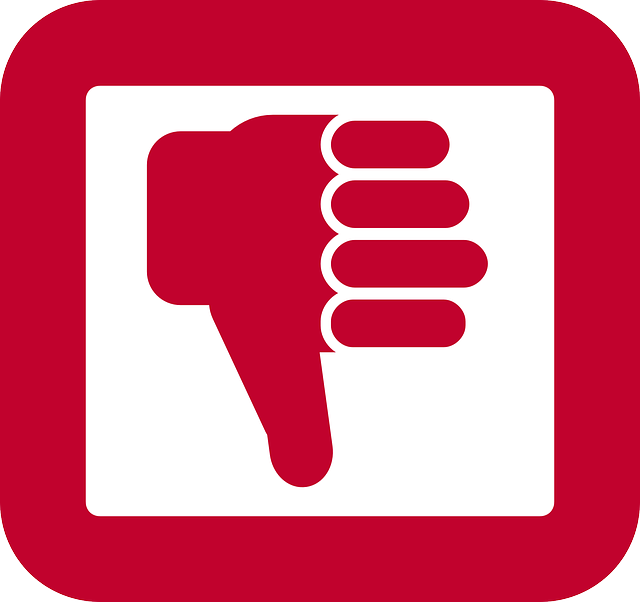
6. **From Bad to Worse: A Naming Rights Nightmare**
Few idioms capture the essence of a spiraling corporate disaster or a team’s declining fortunes quite like “from bad to worse.” This powerful phrase isn’t just an observation; it’s a narrative, describing a situation that commenced on an unfavorable note and has subsequently plunged into even greater depths of difficulty. It perfectly encapsulates the trajectory of many a hopeful venture, including, regrettably, several stadium naming rights deals.
Consider the plight of a company that invests heavily in a stadium sponsorship, only to see its market share erode and its profits dwindle. The initial investment might have been questionable – a ‘bad’ decision in hindsight. However, as external market forces or internal mismanagement take hold, the company’s financial health, much like its stock value, can quickly go from ‘bad to worse.’ It’s a continuous, negative downward spiral, indicating an unrelenting deterioration.
In the context of naming rights, this idiom powerfully describes instances where a deal was initially seen as risky or ill-advised, and then the sponsoring company itself faces unforeseen hardships. The naming rights contract, once perhaps just ‘bad’ because of its cost, becomes emblematic of a situation that has unequivocally moved to ‘worse’ as the company’s entire condition or reputation suffered. It’s the linguistic snapshot of a financial freefall, a narrative where initial misjudgment paves the way for ultimate disaster.
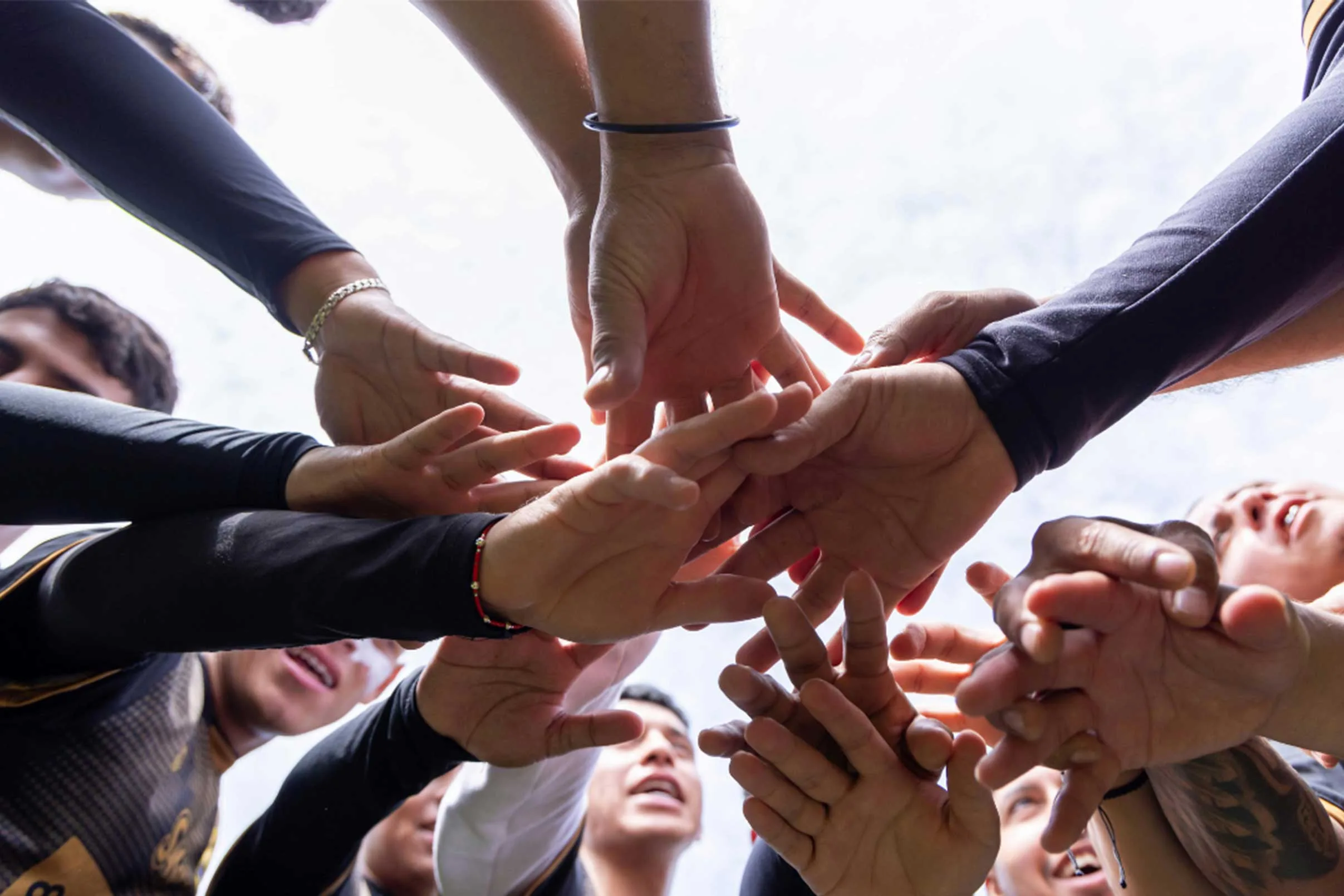
7. **Navigating the ‘Worst-Case Scenario’ in Sports**
Beyond the historical examples of corporate blunders, the language we use to articulate potential sporting disasters is just as crucial. One phrase that perfectly captures the anxiety and foresight inherent in high-stakes competition is “worst-case scenario.” This isn’t just a casual remark; it’s a strategic projection, an examination of the absolute lowest point possible, a situation as bad as possible compared to any other conceivable outcome. It’s the ultimate doomsday prediction, a vital concept for athletes, coaches, and executives alike.
In the relentless world of sports, anticipating the “worst-case scenario” is a non-negotiable part of preparation. For a football team, it might involve imagining the star quarterback suffering a season-ending injury in the first game, or the defensive line completely collapsing against a formidable opponent. For a struggling franchise considering a naming rights deal, the worst-case scenario isn’t just a bad investment; it could mean outright bankruptcy for the sponsoring company, as we saw with CMGI, or the team being forced to play in a half-empty arena.
The context tells us, “The phrase worst case is used in the two idiomatic expressions: in the worst case and worst-case scenario. Both of these phrases refer to a situation that is as bad as possible compared to any other possible situation, which is why it uses the superlative form worst.” This highlights why ‘worst’ is indispensable here. We’re not comparing two bad outcomes, but rather identifying the single most catastrophic possibility among all potential futures. It’s the bottom of the barrel, the absolute nadir, a benchmark against which all other negative eventualities are measured.
Understanding and planning for the worst-case scenario allows teams and businesses to develop contingency plans, to brace for impact, and sometimes, to mitigate the fallout before it becomes an unavoidable reality. While no one hopes for such dire outcomes, acknowledging them is a fundamental part of strategic thinking, especially when millions of dollars and the hopes of an entire fanbase hang in the balance. It forces a clear-eyed assessment of vulnerability, ensuring that when things go south, you’re not caught entirely off guard.
Read more about: Your Ultimate Guide: 14 Critical Car Rental Mistakes Abroad (And How to Dodge Them!)

8. **When ‘Worst Comes to Worst’: The Ultimate Test**
Closely related to the “worst-case scenario” is another compelling idiom: “if worst comes to worst.” This phrase, often used interchangeably with “if worse comes to worst,” though “if worst comes to worst” is much more commonly employed, signifies the critical juncture where all more desirable options have vanished, and only the most drastic or undesirable course of action remains. It’s the moment of truth, the final frontier of desperation, where the stakes are at their absolute highest and tough decisions must be made.
In sports, this idiom paints a vivid picture of a team pushed against the wall. Imagine a playoff game going into multiple overtimes, with key players fouled out and the clock ticking down. If worst comes to worst, a coach might have to put in an untested rookie for the game-winning shot, or make a tactical gamble that defies all conventional wisdom. For a stadium deal gone sour, “if worst comes to worst,” the sponsoring company might have to default on its payments, leading to legal battles and reputational damage far beyond the initial financial strain.
The phrasing of “if worst comes to worst” emphasizes a progression to the most extreme negative outcome. The context highlights that this expression is “usually accompanied by a proposed solution to the problem.” This is its true power in sports analysis: it not only recognizes the ultimate downfall but also demands an accompanying plan of action. For instance, “If worst comes to worst and our starting pitcher is injured, we’ll bring up a prospect from the minors.” It’s about being prepared to execute a backup plan when all other avenues are closed.
This idiom reflects a profound understanding of risk management and resilience. It acknowledges that even the most meticulously planned ventures, like a multi-million-dollar stadium sponsorship, can unravel to their absolute worst. The ability to confront this possibility and have a fallback in place is what separates fleeting success from enduring legacy, whether on the field or in the boardroom. It’s a testament to anticipating the deepest valleys, not just the highest peaks, in the unpredictable journey of professional sports.
Read more about: The Grammatical Grind: Why ‘Worse’ and ‘Worst’ Are Driving You Nuts (and How to Finally Master Them)
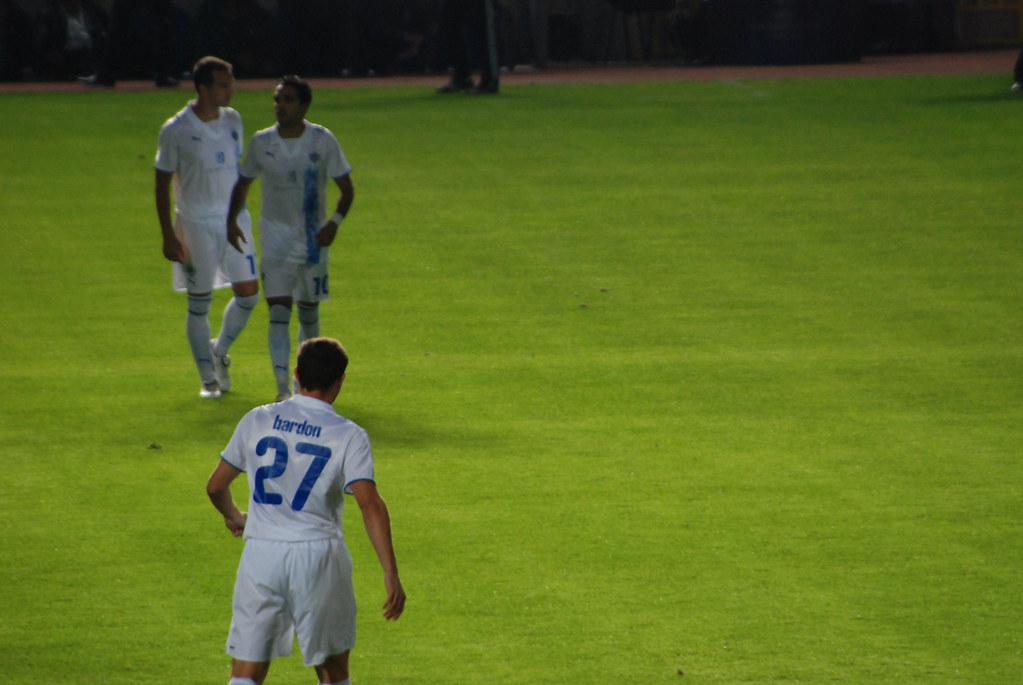
9. **’Worst’ as an Adjective: Ranking the Unthinkable**
We’ve established ‘worst’ as the superlative form of ‘bad’, signifying ‘most bad’. But its application as an adjective goes far beyond simple comparisons. It’s the definitive tool for declaring something as the absolute bottom, the unparalleled disaster, or the most unsatisfactory element within a group of more than two. When we label something the ‘worst’ in sports, we’re not just offering an opinion; we’re often delivering a verdict, backed by performance, statistics, or sheer magnitude of failure.
Consider the countless rankings that dominate sports discourse: “the worst draft pick of all time,” “the worst free-agent signing,” or “the worst uniform design in league history.” Each of these statements employs ‘worst’ as an adjective to single out an item as being bad in the highest degree possible. It encapsulates a situation that is most faulty, most unsatisfactory, or most unpleasant, leaving no room for ambiguity. A Bleacher Report headline proclaiming “The 10 Worst Trades Ever” immediately tells fans they’re in for a litany of unparalleled blunders.
The context reinforces this usage: “Worst describes something as being bad in the highest degree possible. Worst is also used to mean a thing that is the baddest possible… This can mean something is most evil, is least skilled, is most unsatisfactory, is of the poorest quality, or is most unpleasant.” This breadth of application makes ‘worst’ incredibly versatile in describing sports failures, from a quarterback’s least efficient game to a team’s most embarrassing defeat, or even the most unpalatable hot dog served at a ballpark.
Ultimately, ‘worst’ as an adjective serves as the ultimate benchmark for negative performance or outcome. It sets the standard for how *not* to do something, offering clear, albeit painful, lessons from history. In the pantheon of stadium naming rights deals, declaring CMGI Field the ‘worst’ isn’t merely descriptive; it’s a powerful, cautionary judgment that stands as a stark reminder of the financial pitfalls awaiting companies that gamble big and lose even bigger. It’s the undisputed champion of ignominy, a title no one wants to hold.
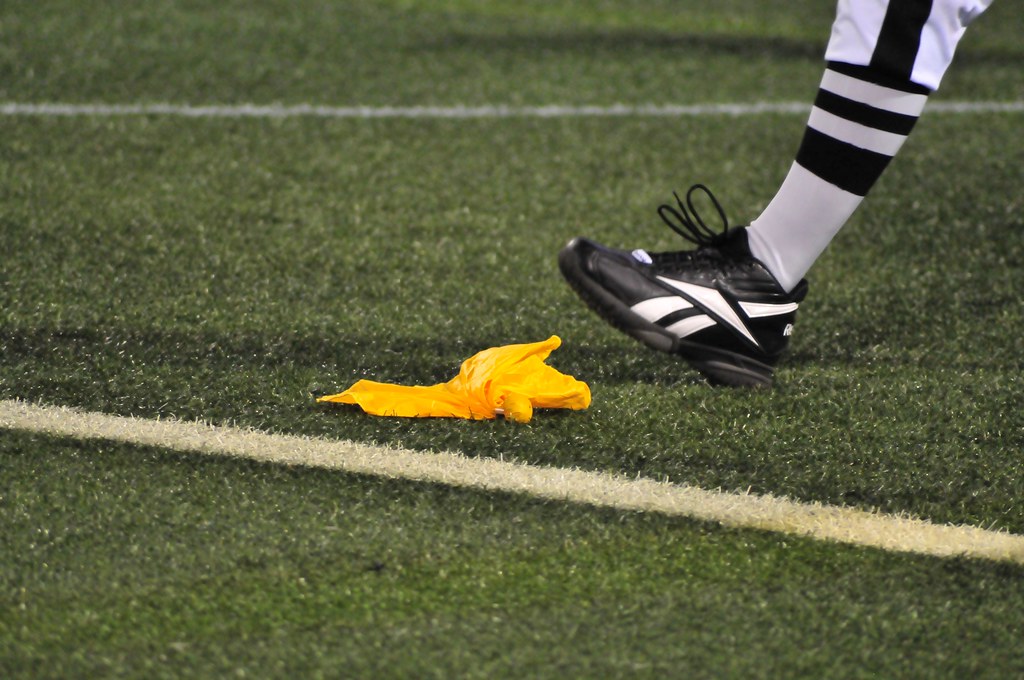
10. **’Worse’ as an Adjective: The Downward Spiral Continues**
While ‘worst’ takes the crown for ultimate badness, ‘worse’ is the workhorse of negative comparison, constantly tracking the deterioration and highlighting inferiority when only two things are in play. As the comparative form of ‘bad’, meaning ‘more bad’, it’s crucial for describing a situation that has declined or is of a lower quality than a single point of reference. In the dynamic ebb and flow of sports, this adjective is invaluable for illustrating declining fortunes or contrasting two unfortunate scenarios.
Think of a team struggling through a season. Their offense might be bad, but then a key injury strikes, making their defense even worse. Or consider two rival stadiums known for their dilapidated conditions; one might be bad, but the other, with its leaky roof and broken seats, is unequivocally worse. This isn’t about identifying the absolute lowest point yet, but rather marking a significant step down a negative path, a noticeable slide in quality, performance, or desirability when stacked against a single alternative.
The given context clearly defines it: “‘Worse’ is what’s called the comparative form, basically meaning “more bad.” It is specifically employed when you are making a direct comparison between *only two* things or situations.” This precision is vital. You wouldn’t say a team’s performance was ‘worst’ if you’re only comparing it to their previous game; you’d say it was ‘worse’. It signals a clear, devastating decline in condition and desirability compared to its former state, or compared to a single other entity.
Therefore, when analyzing the impact of a stadium naming deal, we might say the initial financial outlay was bad, but the company’s stock plummeting to pennies was definitively worse. It’s a word that captures the ongoing narrative of struggle, the incremental steps down into deeper trouble. ‘Worse’ helps us track the subtle but significant shifts in negativity, allowing for a more nuanced understanding of how situations, performances, or even entire seasons can slowly, or rapidly, spiral into a truly unfortunate state.

11. **’Worst’ as a Noun: Facing the Unavoidable**
Beyond its role as a powerful adjective, ‘worst’ also holds significant weight as a noun, particularly when used with the definite article, “the worst.” In this form, it refers directly to something that is the baddest possible – the ultimate negative outcome, the most extreme example of misfortune, or the most inferior person, thing, or part in a group. This usage transforms ‘worst’ from a descriptor into a tangible concept, something to be prepared for, confronted, or even feared.
In the realm of sports, we often hear phrases like “prepare for the worst” before a critical game against a formidable opponent, or when a franchise is bracing for a potential player strike. This isn’t just about anticipating a bad outcome; it’s about mentally and strategically readying oneself for the absolute nadir of possibilities. The general manager might prepare for ‘the worst’ in contract negotiations, understanding that a major star might walk away, leaving the team with a gaping hole to fill.
Our context provides a clear definition: “n. [ uncountable; usually: the + ~ ] usually: the something that is worst: Prepare for the worst.” This succinct explanation captures its essence. When a commentator declares, “That was the worst of the season for the home team,” they are referring to that specific game or performance as the undisputed low point. It embodies the most severe form of badness, making it a powerful rhetorical device for encapsulating absolute failure or extreme adversity.
This nominal usage allows for a compact and impactful way to talk about the absolute bottom. Whether it’s a team’s ‘worst’ losing streak, a league’s ‘worst’ public relations nightmare, or an individual player bringing out ‘the worst’ in their teammates, the noun form of ‘worst’ provides a concrete reference point for discussing ultimate negativity. It gives shape to the shapeless dread of complete failure, demanding attention and often inspiring drastic measures in response.
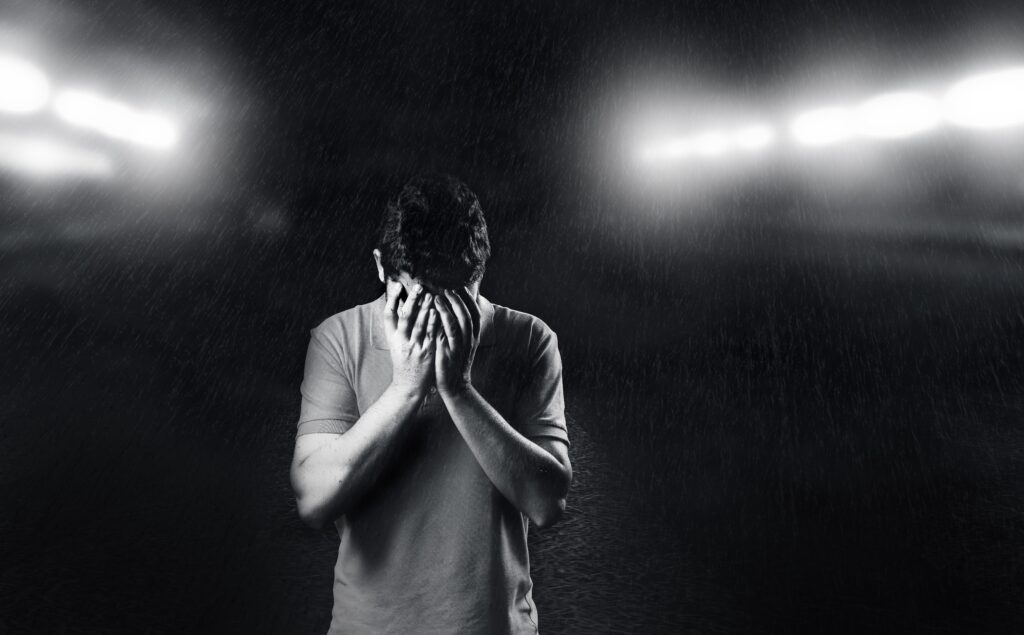
12. **’Worse’ and ‘Worst’ as Adverbs: How Badly Things Can Go**
While their primary roles are often as adjectives, ‘worse’ and ‘worst’ also function as adverbs, extending their descriptive power to actions and manners. When used adverbially, they serve as the comparative and superlative forms of ‘badly’, describing *how* something is done or *to what degree* an action is performed poorly. This nuance is critical for precisely articulating the varying intensities of negative execution, whether on the field, in the front office, or in the very structure of a business deal.
If a player performs badly in one game, they might perform even worse in the next, indicating a comparative decline in their execution. “He played worse than any other player on the court tonight,” describes his performance as being done in a less effective or more unsatisfactory manner than someone else’s. This captures a direct comparison of two actions or states of performing. It’s not just that the performance *is* bad; it’s that it *occurs* badly.
Taking it to the extreme, ‘worst’ as an adverb signifies something done in the most evil, wicked, severe, or disadvantageous manner, or with the greatest degree of severity. For instance, “The team executed the final play worst of all their attempts this season,” meaning their execution was the most flawed or disastrous possible. The context tells us ‘worst’ as an adverb means “in the most evil, wicked, severe, or disadvantageous manner,” or “in the greatest degree.” This is crucial for pinpointing the absolute nadir of performance quality.
Understanding these adverbial forms completes our linguistic toolkit for analyzing sports misfortunes. It allows us to differentiate between an athlete who merely played badly, one who played worse than their teammates, and the unfortunate soul who played the absolute worst game of their career. These grammatical distinctions enable sports analysts and fans alike to articulate the full spectrum of ‘bad’ outcomes, from merely poor execution to truly catastrophic performances, providing clarity and precision in our critiques of everything from a botched play to a truly regrettable stadium naming rights deal.
The world of sports, with its relentless pursuit of excellence and its equally spectacular failures, offers a rich tapestry for exploring the nuances of language. Through the lens of stadium naming rights deals gone bust, we’ve not only witnessed cautionary tales of corporate overreach but also gained a deeper appreciation for the precision of words like ‘worse’ and ‘worst’. These aren’t just synonyms for ‘bad’; they are vital instruments, allowing us to accurately chart the descent from mere misfortune to absolute catastrophe. So, the next time you hear about a monumental sports failure, remember the power of these words, helping us dissect and understand the full, often painful, spectrum of ‘bad’ that makes the triumphs all the sweeter.


